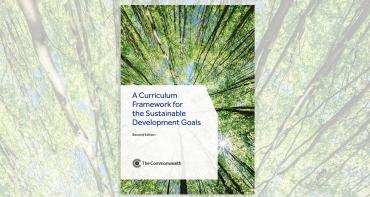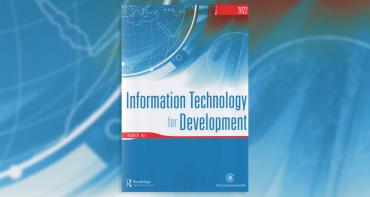Michelle is a survivor of sexual abuse and rather than let it define her and determine the journey of the rest of her life, she has used it as a powerful tool to help in the healing of others.


Very soon we will be able to read her book, ‘Helpless Cries’, which charts her own story and shines a light on sexual abuse and incest in Grenada. Hers is a powerful statement on the sexual abuse of women, especially young girls.
And with that, Michelle is empowered, empowered to campaign and stress the importance of the new chapter on gender equality as well as the strengthened child rights protections in the Rights and Freedoms (Amendment) Bill 2016. To Michelle, this referendum has made her invest time in the possible positive impact of the Bill on the human rights of women and girls.
And this is why. The Rights and Freedoms Bill includes the following amendment to the constitution:
a) both men and women shall be entitled to equal rights and status in all spheres of life, especially in economic, educational, political, civic and social activities
b) both men and women shall be entitled to equal access to academic, vocational and professional training; to equal opportunities in employment and promotion; to equal remuneration for work of equal value; and to equal access to justice
c) both men and women shall have equal opportunities to be elected or appointed to public office and to be eligible for appointment to positions of decision-making bodies at all levels of the society
d) both men and women shall have the right to legal protection, including just and effective remedies, against domestic violence, sexual abuse and sexual harassment
It is that fourth section which means so much to Michelle, and women and children like her. She holds the view that if the Bill were approved at the forthcoming referendum on 24 November, it will provide additional protection to women against sexual abuse.
In 2010 a comprehensive investigation of attitudes towards child sexual abuse was carried out across several Caribbean countries including Grenada. It was a first-time landmark study called “Perceptions of, Attitudes to and Opinions on Child Sexual Abuse in the Eastern Caribbean” by the UNICEF Office for Barbados and the Eastern Caribbean. Every focus group in the six participating countries (Anguilla, Barbados, Dominica, Grenada, Montserrat, and St. Kitts and Nevis) of this study agreed that sexual abuse of children was widespread in their societies.
Their findings make insightful reading:
- children are afraid of the consequences of reporting
- people are reluctant to report
- there are concerns about confidentiality in small communities
- some prefer to deal with abuse themselves rather than going to the police
- some complain about the ineffective implementation of laws.
The study also recognised the need and potential for broad-based social support systems to educate the public about the damage caused by child sexual abuse. It discussed ways the community can work together to protect children, prevent child sexual abuse and create the conditions in which damage caused by the abuse can be healed. In this regard, the study recognised that schools, faith-based organisations and media have a central role to play.

Critical role of the school: a sixth grade classroom poster on child sexual abuse
According to the UNICEF annual report “The State of the World’s Children 2016”, around 120 million girls under the age of 20, across the world, have been raped or other forced sexual acts at some point in their lives. That’s about one in 10. Boys are also at risk, although a global estimate is unavailable.
Grenada is a party to the Convention on the Rights of the Child as well as the Convention on the Elimination of All Forms of Discrimination against Women. By taking forward the constitutional protection of the human rights of women and children, as it hopes to do, it is embracing international best practice.
This can only help survivors like Michelle. Today she is a confident, well-spoken and inspirational young woman. But she knows that the Bill can make all the difference in the world and allow children and young women a powerful voice so they need no longer suffer in silence.


